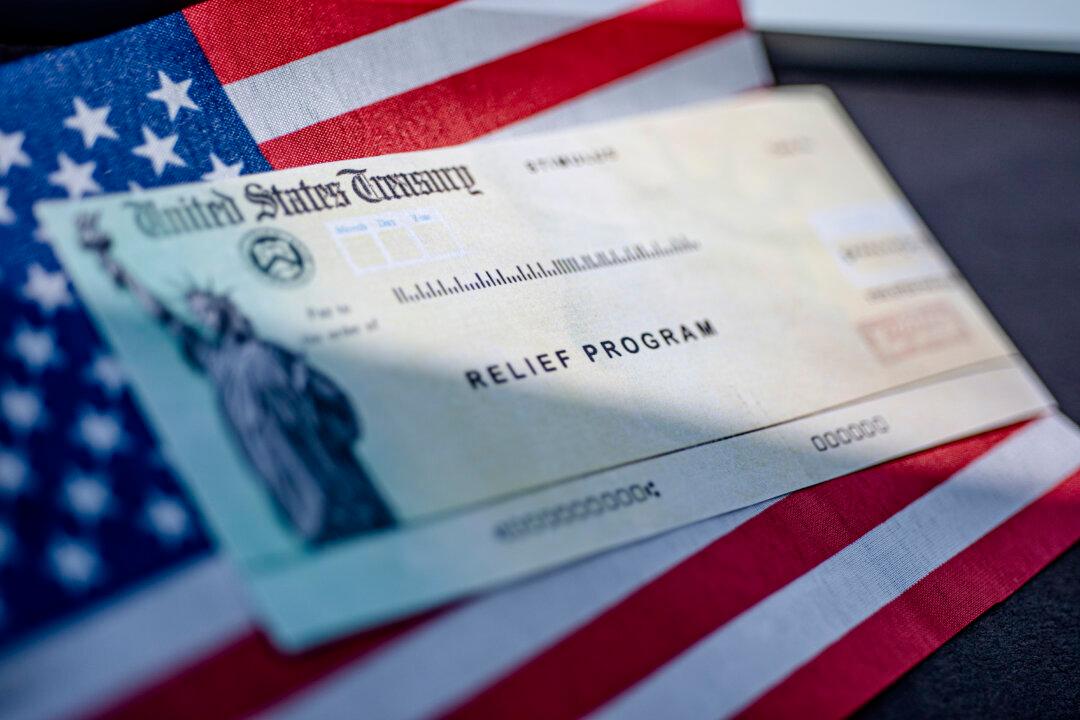A new report by a free market think tank has revealed that millions in federal COVID funds were used in Washington state to help illegal migrants who were ineligible to receive federal economic impact payments during the lockdowns.
According to the Economic Policy Innovation Center (EPIC), Washington State set up a COVID-19 Immigrant Relief Fund in 2020 to grant checks to people who were ineligible for government assistance programs due to their immigration status.





